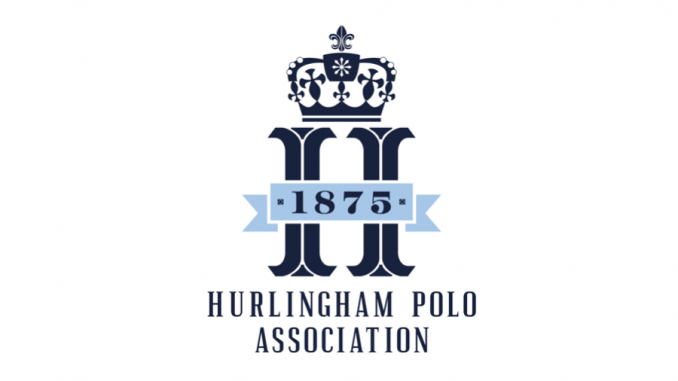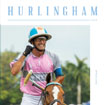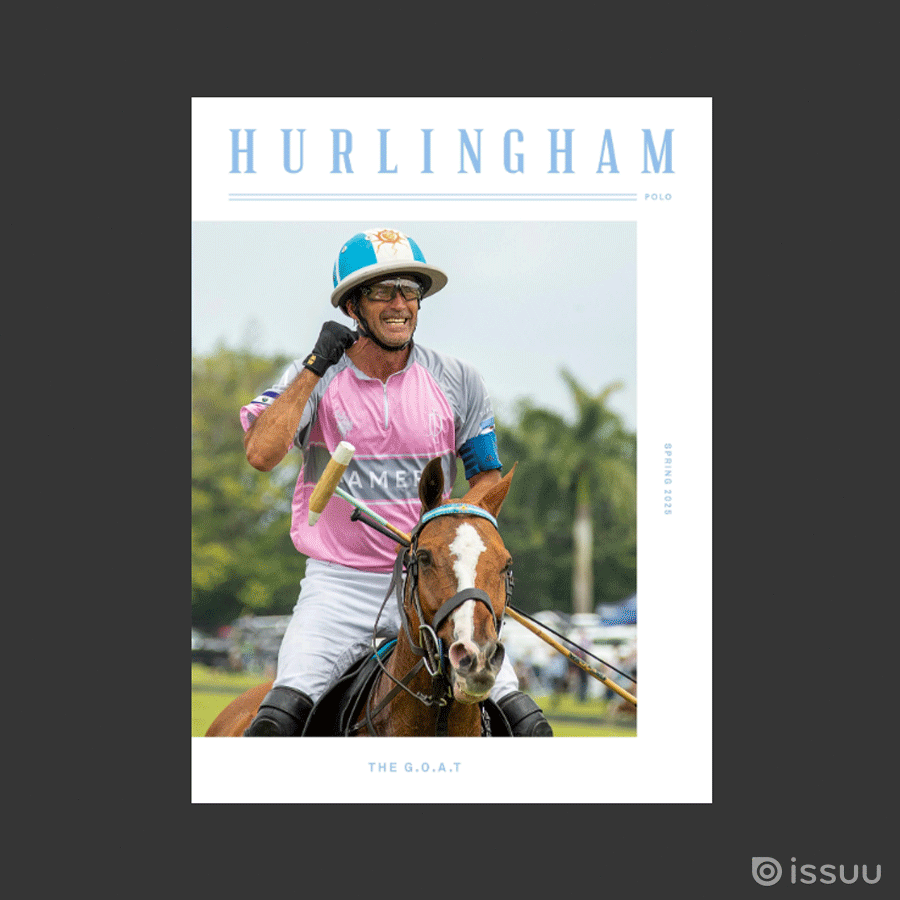
Changing the game for the better
There has been much coverage in certain media outlets recently concerning the issues that face polo. Within this coverage was a considerable amount of criticism directed at the HPA. Constructive criticism is always welcomed, as are ideas to improve the sport. These must however be balanced with the statistics.
When compared with mainstream sports, including other equestrian disciplines, polo is a highly skilled yet niche sport with (comparatively) very few participants. This presents tremendous challenges, as few participants correlates to few spectators which correlates to fewer sponsorship opportunities. It also creates a difficult environment for professional players to make a living within the game – not helped by its seasonality.
Under the incoming new chairman Nick Wiles, an extensive consultation took place with HPA members, resulting in the creation of the polo vision document.
Key areas of concern were highlighted:
- The importance of grass roots development.
- The development and education of young players.
- The raising of the standards of conduct, behaviour, discipline and animal welfare.
- The importance of a coherent commercial strategy to bring much needed funding and sponsorship into the game.
- The need to modernise the overall governance structure of the HPA as the governing body.
- Handicapping and tournament conditions.
This will be an extensive ongoing programme and changes will naturally take time to both implement and take effect.
A republished article written by Mark Tomlinson raised the following points, to which the HPA has added some context. Mark himself concedes that the situation has changed between 2014 (when the original article was published) and now and is fully supportive of the vision document.
Nonetheless, it is useful to highlight some key differences between rugby and polo.
Comparisons between rugby and polo.
Current RFU membership is over 2,500,000 and comprises over 2,000 clubs.
HPA membership is in a different league, approximately 2,500 and 70 clubs.
The RFU generated over £170m in annual income, had over 600 paid staff and the board alone were paid in excess £1.5m.
HPA income is £1,811,600 with total staff costs of £309,000 (incl pensions). All board and committee members are voluntary (unpaid) and do not get expenses.
The top International at Twickenham last year was watched by over 9m viewers and a full stadium of 82,000.
The Coronation Cup had a crowd of circa 5,000 and about 7,000 additional viewers online.
The HPA’s blueprint is similar to that of the RFU, with money invested to support polo, including the development of players at all levels, supporting the England teams, improving welfare in the game and the standard of umpiring.
The article made further points:
– An HPA owned polo complex (such as rugby’s Twickenham)
Whilst an excellent idea in theory, the current economic reality makes this impossible. This plan would require very significant initial investment (several £million) and considerable ongoing cost in maintenance.
– Polo in the Olympics.
This lies predominantly with the FIP who have worked hard to get polo into the various games around the world as a prelude to being considered as an Olympic sport. Being an Olympic sport opens up the opportunities for funding, but the pressure within the IOC has been to reduce the equestrian sports to make room for endurance, racing and eventing has already had team numbers cut down to three. There is a view that snow polo (or a format like Polo in the Park) stand the best chance of getting into the Olympics. Realistically, the chances are slim. That said, closer alliance with the FEI and UK Sport would be positive.
Handicapping
This is always the biggest and most contentious topic. In focusing on handicapping and tournament conditions the HPA is trying to make the game fairer for all players, and remove the off-field advantage of those who play the system to the detriment and enjoyment of others.
The HPA has been clear to clubs and members in its guidance on these two important elements of the game over the course of this season.
Of particular contention were U18 overseas players. These players entering with a European passport have a legal right to play under EU law; those without come to the UK on a visa. The latter are subject to strict conditions concerning working and playing sport (laid down on the Government’s web site). Any misunderstanding of the conditions can have serious implications for the individual, any employer and the HPA as the governing body. Consequently, the HPA intends to continue to include the Government’s pertinent conditions in the rules and hopes to publish these alongside the overall visa criteria for the 2020 season in the near future.
The HPA is seeking to work for the many, not just the few, and to improve the sport for everyone involved. The purpose of the vision document was to establish a clearer direction for the sport over the next five years, to recognise the challenges faced and to put forward ideas and plans to respond to said challenges.
Yours sincerely,
The Stewards of the Hurlingham Polo Association


